Morton’s neuroma is a painful condition affecting many people, causing discomfort in the ball of the foot. Proper footwear is crucial for alleviating symptoms and improving daily comfort. In this article, we will explore the best shoes for Morton’s neuroma, discuss essential features to look for, and provide tips on managing this condition through footwear.
Understanding Morton’s Neuroma
Morton’s neuroma occurs when the tissue surrounding a nerve in the foot thickens, often between the third and fourth toes. This can result in sharp, burning pain in the ball of the foot and numbness or tingling in the toes. People commonly develop this condition due to factors like high heels, tight shoes, and foot deformities.
Causes of Morton’s Neuroma
- Wearing high-heeled or narrow shoes
- Foot deformities such as bunions or hammertoes
- Repetitive stress from activities like running or jumping
- Conditions like arthritis or flat feet
Symptoms of Morton’s Neuroma
Common symptoms include:
- Sharp, burning pain in the ball of the foot
- Numbness or tingling in the toes
- Pain when walking or standing
- Swelling between the toes
Key Features in Shoes for Morton’s Neuroma
The right pair of shoes can significantly relieve symptoms. Here are key features to consider when choosing shoes for Morton’s neuroma:
1. Wide Toe Box
A wide toe box provides ample space for your toes to move freely, reducing pressure on the nerve. Look for shoes labeled as ‘wide’ or ‘extra-wide.’
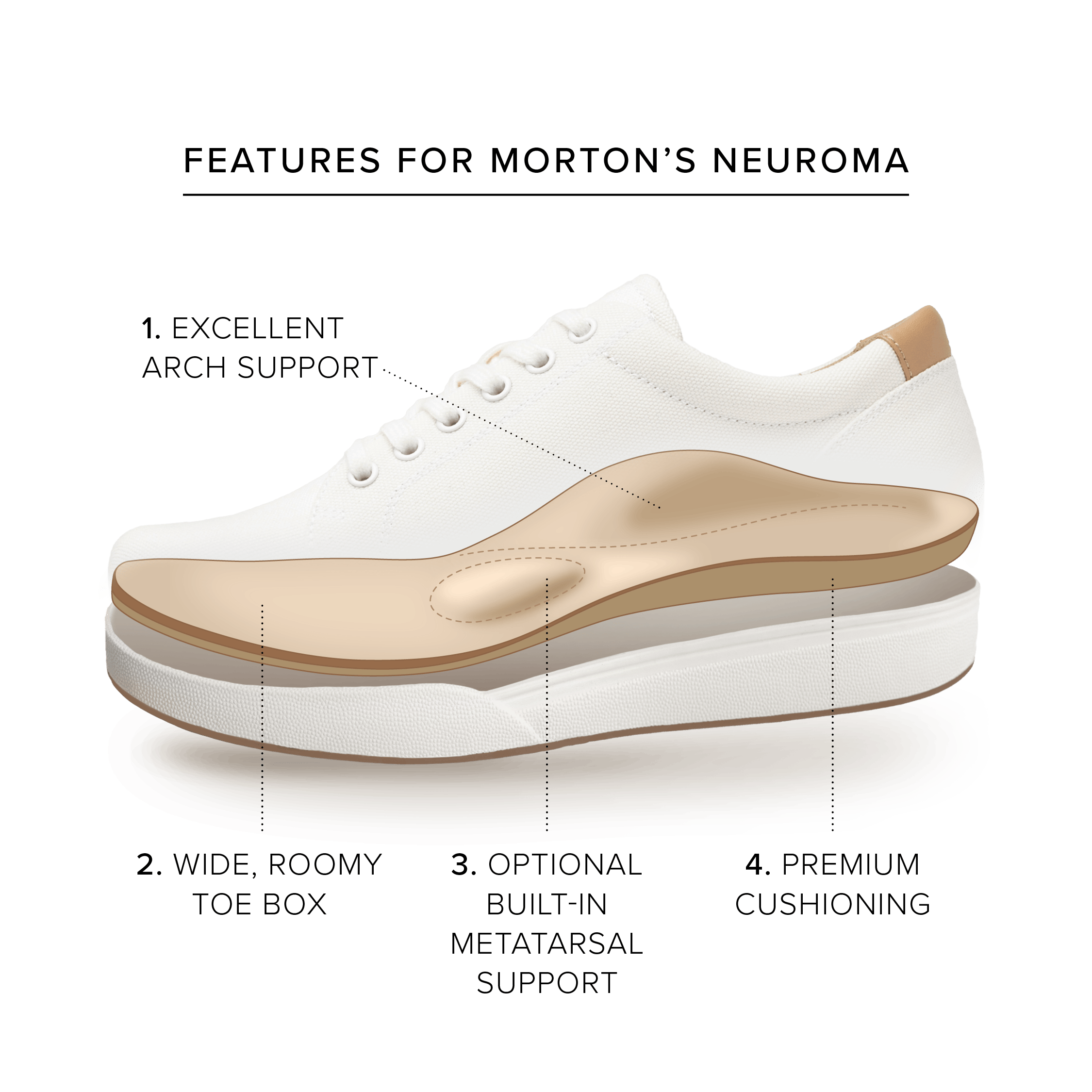
2. Cushioned Insole
Good cushioning can absorb impact and reduce stress on the ball of the foot. Consider shoes with removable insoles to accommodate custom orthotics.
3. Arch Support
Proper arch support can alleviate pressure on the forefoot and help distribute weight evenly across the foot.
4. Flexible Sole
A flexible shoe sole allows for natural movement of the foot while providing stability.
5. Lightweight Materials
Lightweight shoes can reduce fatigue and strain on the foot, making it easier to walk or stand for prolonged periods.
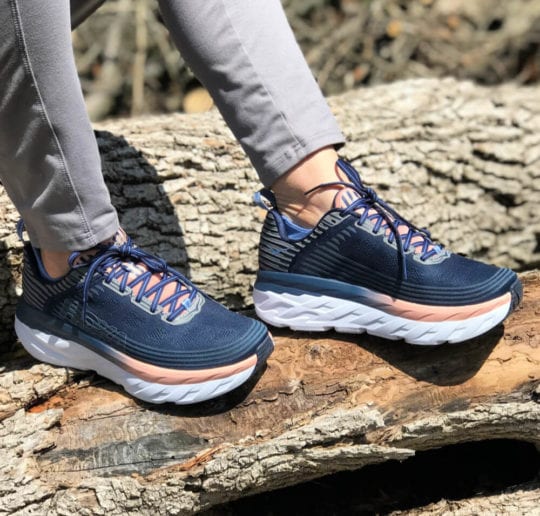
Top Shoes for Morton’s Neuroma
Based on extensive research and user reviews, here’s a list of the best shoes for Morton’s neuroma:
Comparison Table of Best Shoes for Morton’s Neuroma
| Shoe Model | Key Features | Pros | Cons | Price |
|---|---|---|---|---|
| ASICS Gel-Kayano | Wide toe box, cushioned insole, arch support | Great support, durable, good for running | May feel heavy for some users | $160 |
| Brockton Walker | Extra-wide fit, excellent cushioning | Affordable, great for all-day wear | Lacks style options | $70 |
| New Balance 860v10 | Lightweight, great arch support | Ideal for overpronators, versatile | Some users report a narrow fit | $130 |
| Skechers Go Walk | Flexible sole, slip-on style | Excellent comfort, easy to put on | Less support for intense activities | $80 |
| Hoka One One Bondi | Max cushioning, wide fit | Superbly cushioned, great for long walks | Bulky appearance | $160 |
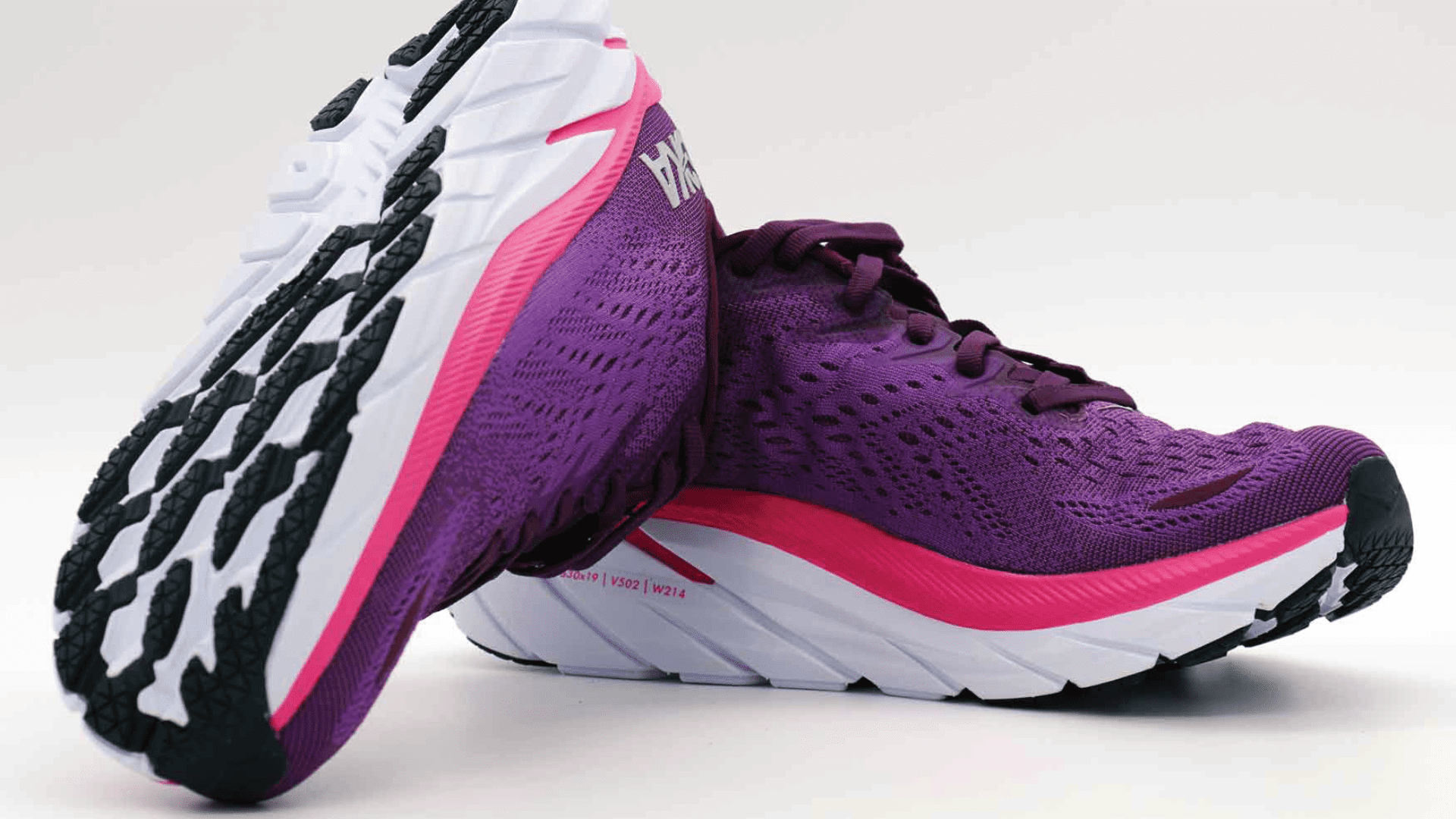
Popular Brands and Their Features
Let’s delve deeper into some popular shoe brands known for their comfortable offerings suitable for Morton’s neuroma:
ASICS
ASICS is renowned for their footwear designed with athletic performance in mind. The Gel-Kayano series is particularly praised for its support and cushioning, making it a favorite among runners and casual wearers alike.
New Balance
New Balance shoes are known for their excellent arch support and wide options. Models like the 860v10 provide stability, ensuring that your feet stay properly aligned.

Skechers
Skechers focuses on comfort and practicality. Their Go Walk series emphasizes ease of use and comfort, making it ideal for those who may struggle with traditional footwear styles.
Hoka One One
Hoka has gained popularity for its maximum cushioning and lightweight designs. The Bondi model offers fantastic support, especially for those who spend extended periods on their feet.
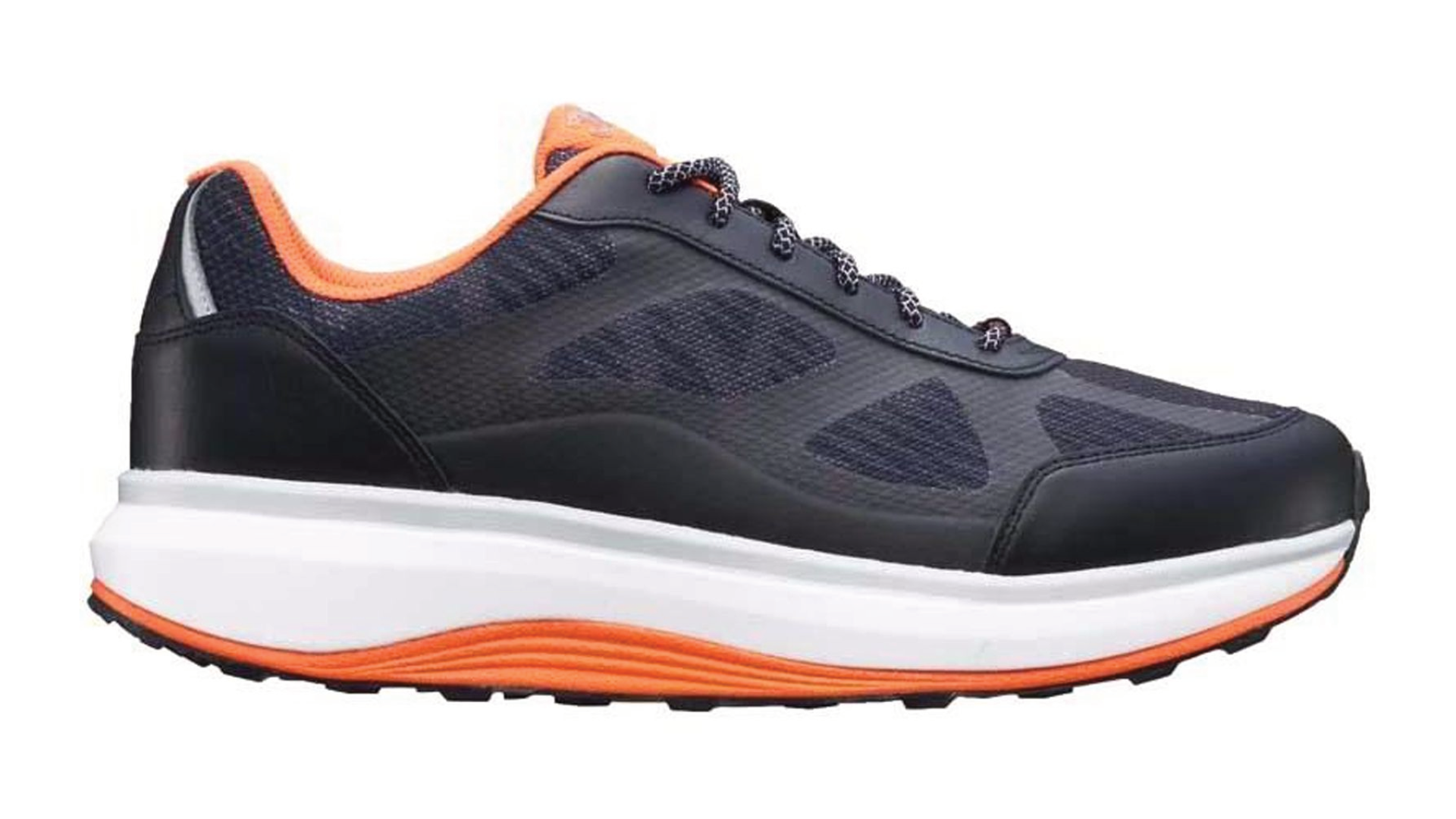
Tips for Selecting the Right Shoes
When shopping for shoes to alleviate Morton’s neuroma symptoms, keep the following tips in mind:
1. Shop Later in the Day
Feet can swell throughout the day, so try on shoes in the evening for a better fit.

2. Try on Multiple Sizes
Footwear sizes can vary by brand. Don’t hesitate to try different sizes or widths.
3. Walk Around
Always walk around in shoes to assess comfort. Look for any pinching or discomfort in the toe area.
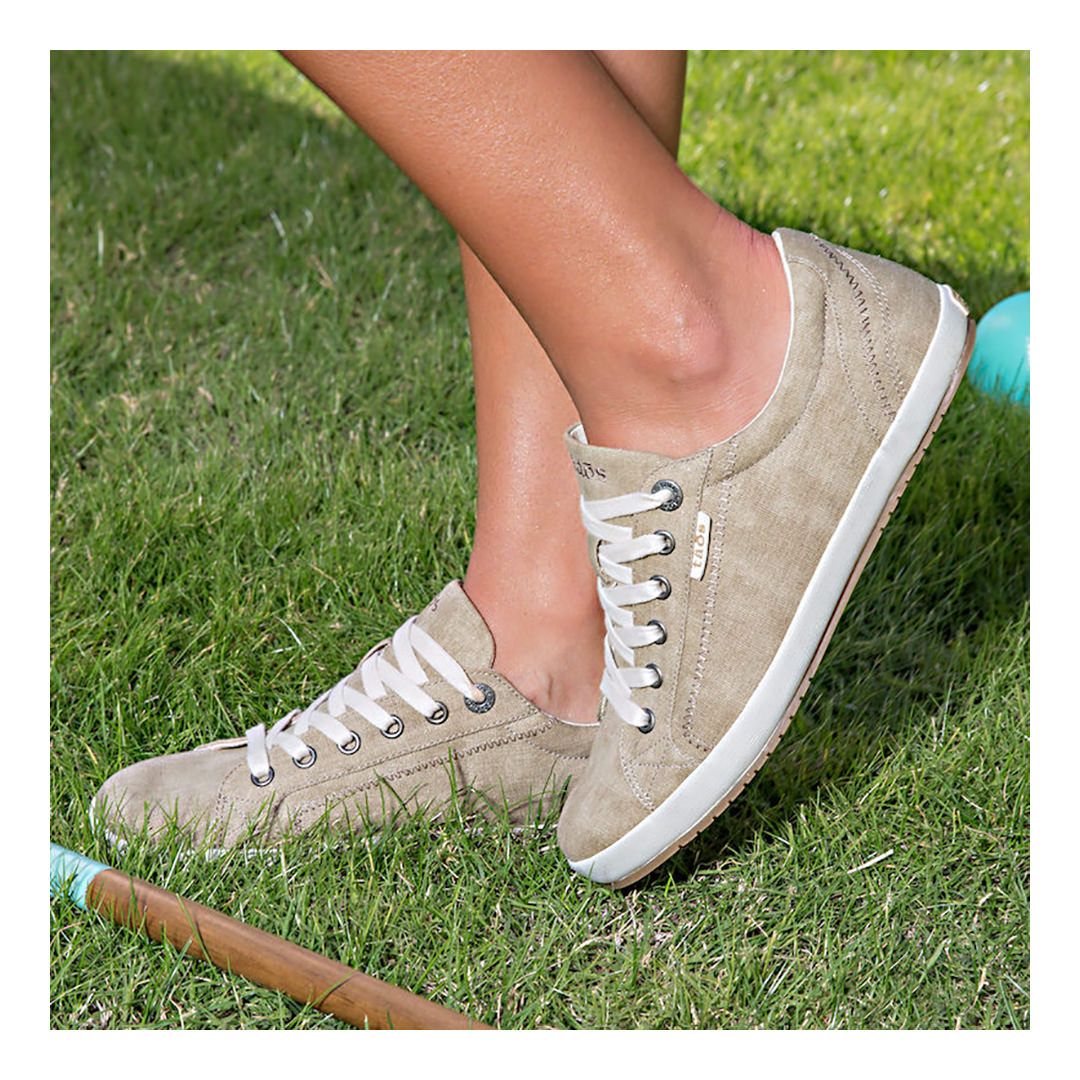
4. Consider Orthotics
Consult a podiatrist about custom orthotics. They can significantly enhance comfort and support.
Local Experiences and Cultural Insights
In the United States, many people relate to the hustle and bustle of daily life which often involves a lot of walking. Here are a few cultural insights that resonate with the need for good footwear:
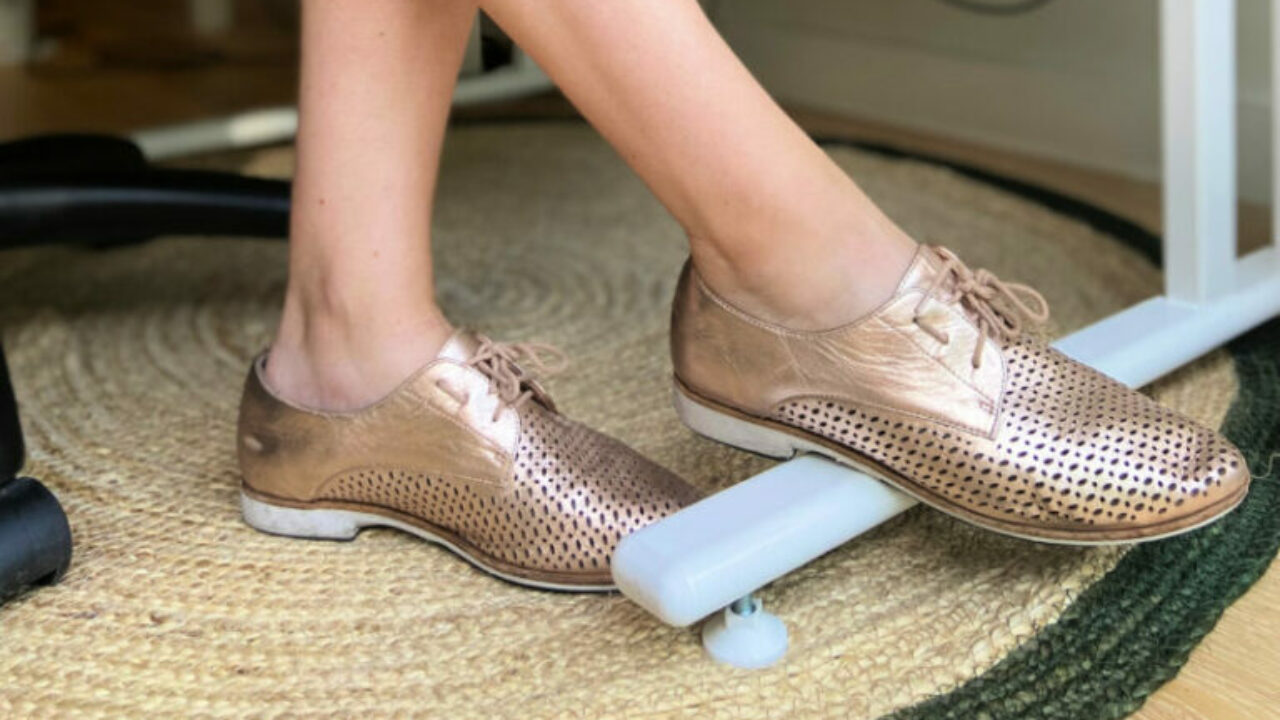
Urban Adventures
For city dwellers who navigate bustling streets, finding shoes that offer both style and comfort is essential. Brands like ASICS and New Balance have become favorites among city runners and daily commuters.
Active Lifestyles
Those engaged in active lifestyles, whether hiking in national parks or strolling through farmer’s markets, appreciate the balance of durability and comfort offered by hiking shoes and athleisure brands. Hoka One One has emerged as a go-to for hiking enthusiasts due to its cushioning and grip.
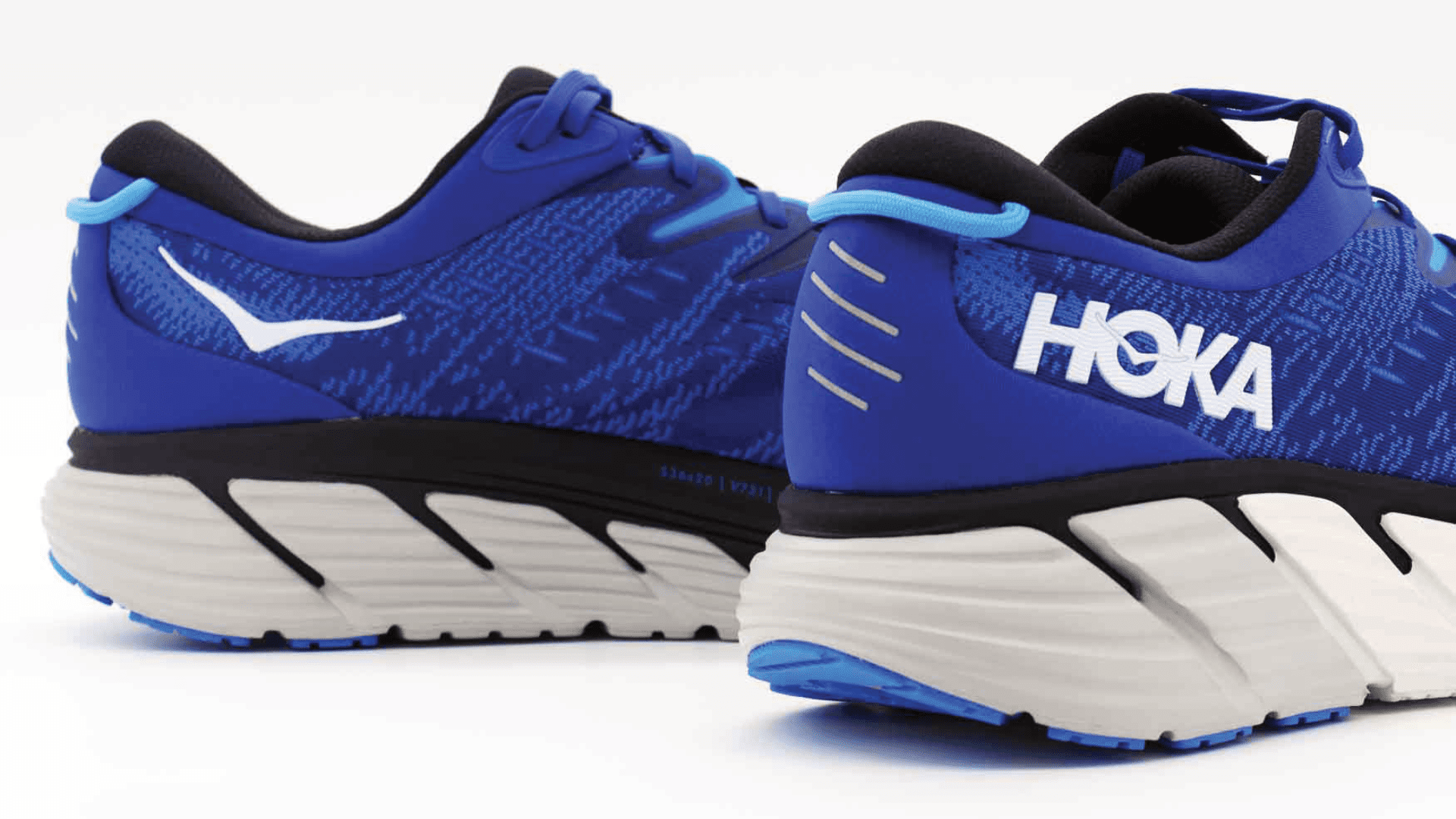
Pros and Cons of Different Shoe Types
When it comes down to choosing the right footwear, different shoe types come with their own advantages and disadvantages:
Running Shoes
While they offer great cushioning, they may not always provide the necessary stability for non-running activities.
Walking Shoes
These are designed for comfort over time but might lack the arch support needed for serious foot issues.
Casual Sneakers
Casual options can be stylish but may not always have the arch support or toe box width required for Morton’s neuroma.
FAQs About Best Shoes for Morton’s Neuroma
1. What type of shoe should I avoid if I have Morton’s neuroma?
Avoid shoes with pointed toes, high heels, or narrow designs, which can exacerbate symptoms.
2. Is it beneficial to use orthotics for Morton’s neuroma?
Yes, custom orthotics can help alleviate pressure and provide the necessary support for your feet.
3. Can I wear sandals if I have Morton’s neuroma?
It’s best to choose sandals with a wide toe box and sufficient arch support to prevent irritation.
4. How often should I replace my shoes if I have Morton’s neuroma?
Replace your shoes every 300-500 miles or once you notice signs of wear to ensure maximum support.
Conclusion
Finding the best shoes for Morton’s neuroma is crucial for managing symptoms and improving your quality of life. With the right features and a thoughtful approach to selection, you can enjoy greater comfort in your daily activities. Remember to consult with a healthcare professional to tailor shoe choices to your specific needs, and explore brands known for their supportive designs.
References
National Institutes of Health: Morton’s Neuroma